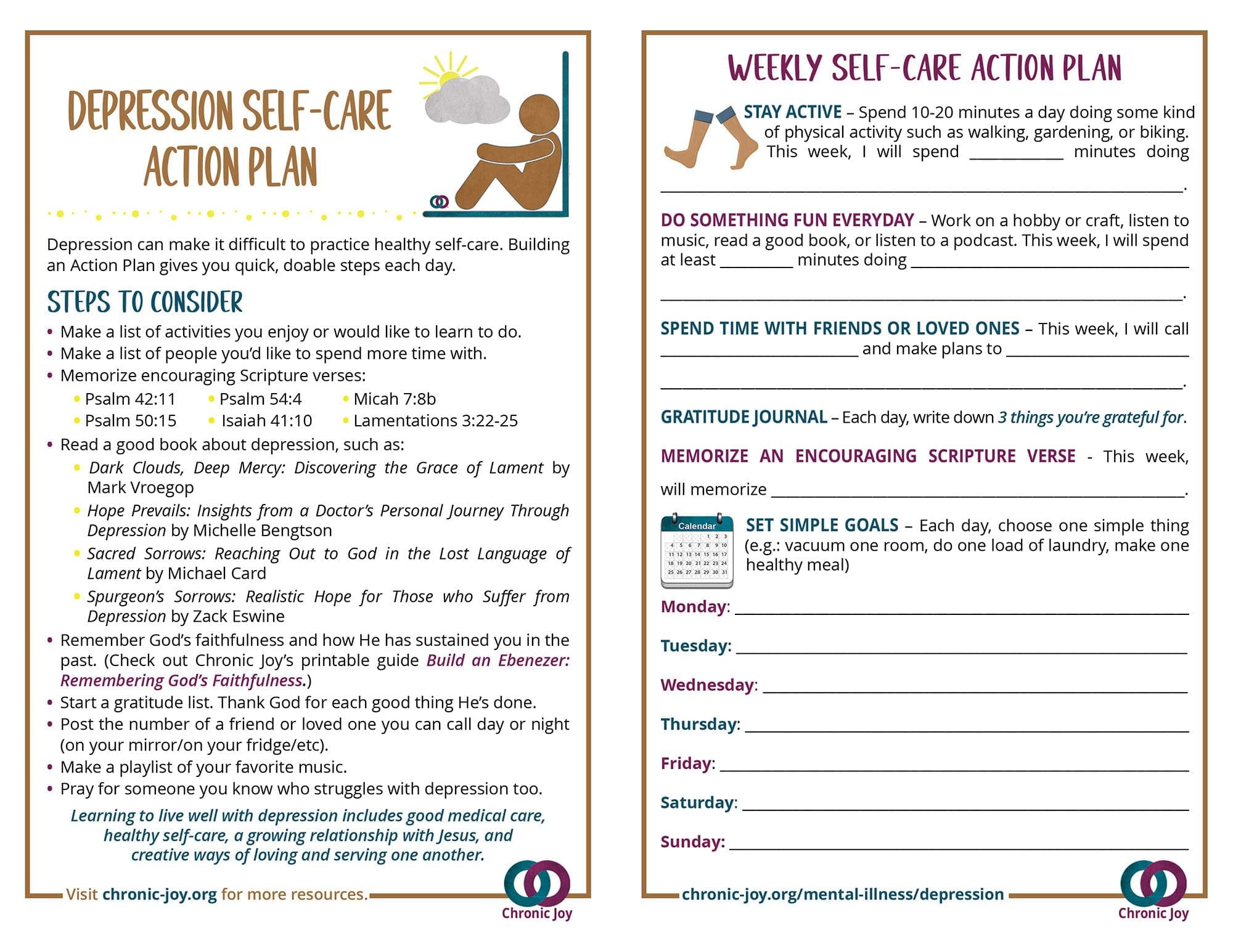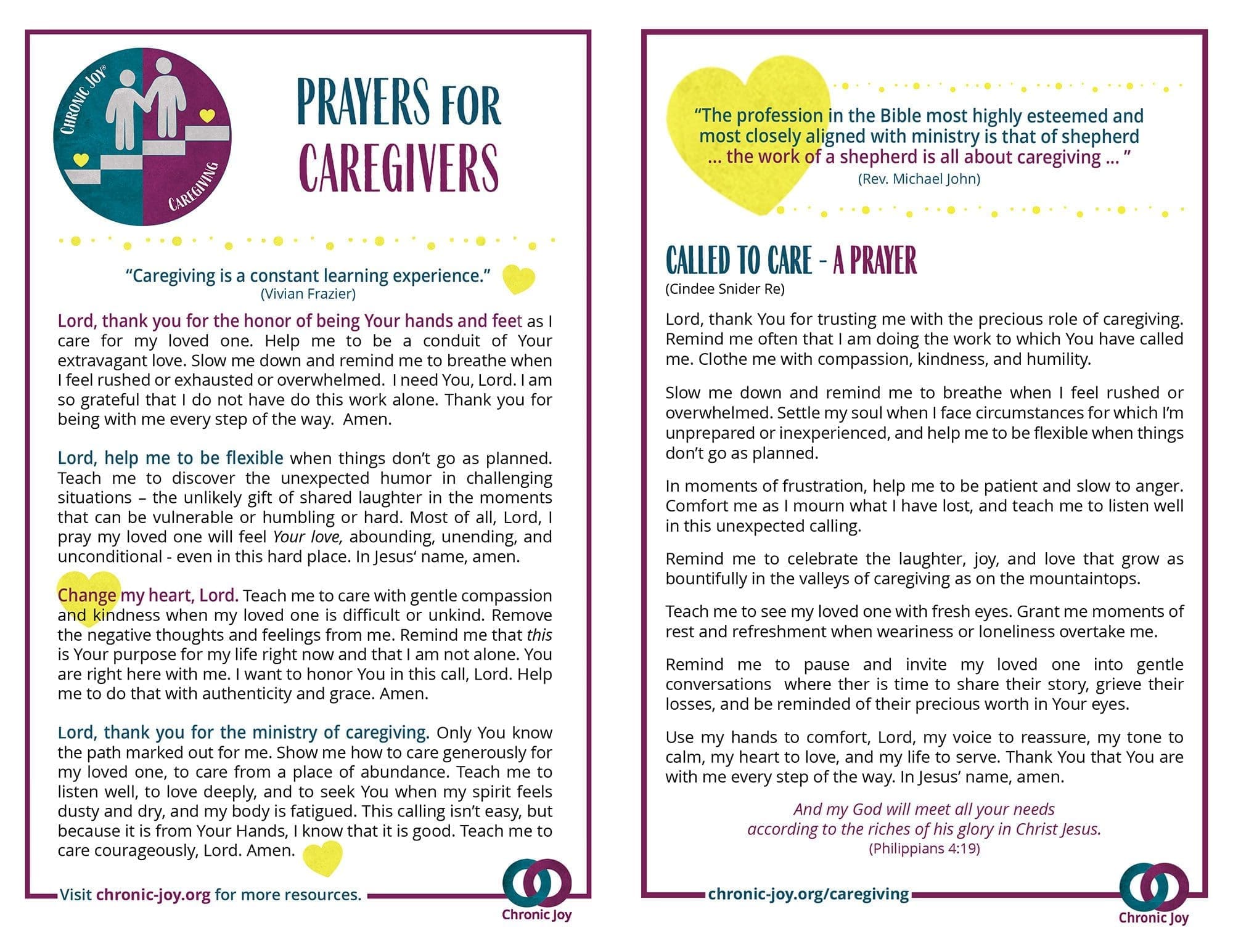
…although I dwell in darkness, the LORD is my light. (Micah 7:8)
MY SPOUSE’S DEPRESSION
Years ago, when I feared my husband, Terry, was suicidal, I called our pastor and another close friend of Terry’s for an intervention. They both met with him the next day. The pastor’s suggestion of medical intervention was more successful than my attempt had been. After heeding the pastor’s advice to see a doctor, Terry was prescribed an antidepressant that brought several years of dramatic improvement.
Over time, I’ve learned how to deal with Terry’s depression, including accepting the fact that a depressed spouse often needs more help than his or her partner can give. Printed below is a letter I wrote providing counsel to a friend whose husband also battles depression. I pray what I’ve learned and shared here helps you in your struggles.
A letter to a friend whose spouse battles depression:
Dear Friend,
I’m so sorry to hear about your husband’s depression. You asked how I deal with Terry’s depression. A person’s God-given temperament may dramatically affect how they handle a depressed spouse. God blessed me with calmness. (Terry says that I am more of a thermostat than a thermometer because a thermometer merely registers or reflects the temperature in the house, whereas a thermostat controls or regulates it.)
HOW TO HELP A DEPRESSED SPOUSE: 7 THINGS I HAVE LEARNED
1. Don’t feel responsible in any way for your spouse’s depression
My husband Terry usually can’t identify a reason or circumstance causing his despondence. Depression and anxiety run in his family, and there’s likely a genetic predisposition to it in his case. I’m secure in knowing that nothing I have done or said causes it, so I don’t add the weight of any false guilt, nor should you.
2. Don’t say or do anything to cause your spouse to feel shame or guilt over their depression.
I don’t belittle Terry or make him feel spiritually immature because of his emotional fragility. I often remind him of the positive traits I see in him and how useful he is to God and others through his teaching and writing gifts.
3. Try to make yourself available when they need to talk.
Whether cooking, playing the piano, or skimming through my iPad, I stop and give Terry my undivided attention. Sometimes I don’t say much. I may just hold him while he weeps.
4. Don’t offer superficial solutions to their depression.
I don’t glibly quote Bible verses to Terry, which would imply that if he had more faith, he’d feel happier. (He already knows any Bible verse I could quote to him, anyway). I don’t say he’ll feel much better tomorrow because I’m not sure he will. Sometimes, his depressive episodes last for days.
5. Do pray with and for your spouse.
I ask God to give Terry relief and to use him in his classes even if the depression doesn’t lift.
6. Don’t let your partner get away with disrespectful words or a harsh tone of voice.
When Terry’s depression blends with physical fatigue, he tends to be edgy with me – by complaining if I haven’t walked the dog before he gets home, for example, or raising his voice because I’m later than usual with supper.
I confront him on the spot. I don’t raise my voice, but I say something like, “You owe me an apology. There is no excuse for speaking to me that way.” When I do, he’s quick to apologize.
It would be a dangerous pattern for me to let the sun go down on my anger (Ephesians 4:26-27). Keeping it inside would cause resentment and cause me to overreact to him about a different matter the next day.
7. Stay busy with your own work, ministry, and activities, and do not let your life revolve solely around your spouse.
As our church pianist, I practice every day. I try to keep growing spiritually by attending a weekly women’s Bible study that requires daily homework. I occasionally meet friends for lunch. Also, with a grown son living with us, I keep busy shopping, cooking, and doing other household chores.
I hope something I’ve said here is encouraging and helpful to you. I’m sure I don’t perfectly apply the strategies I’ve shared, but God can help you and me to love our spouses better if we lean on Him. I promise to pray for you and your husband.
With love and prayers,
P.S. If your spouse has not had a complete physical (including lab tests), I encourage it. Unless there is a long history of depression, a downward mood spiral can be caused by physical conditions such as thyroid problems or diabetes. Also, if your partner hasn’t seen a Christian counselor and/or psychiatrist, I’d recommend that. If they are hesitant, offer to accompany them.
Terry and Dolly Powell have been married for more than 50 years and live in Columbia, SC. Check out Terry’s blog for more posts about living with depression.
First published in Just Between Us magazine (adapted and published with permission).


Depression Self-Care Action Plan
Depression can make it difficult to practice healthy self-care. Building an Action Plan gives you quick, doable steps each day.

Prayers for Caregivers
Lord, thank You for the ministry of caregiving. Help me be flexible, kind, and intentional (especially when I'm weary) as I act as Your hands and feet. Amen.

Recent Comments